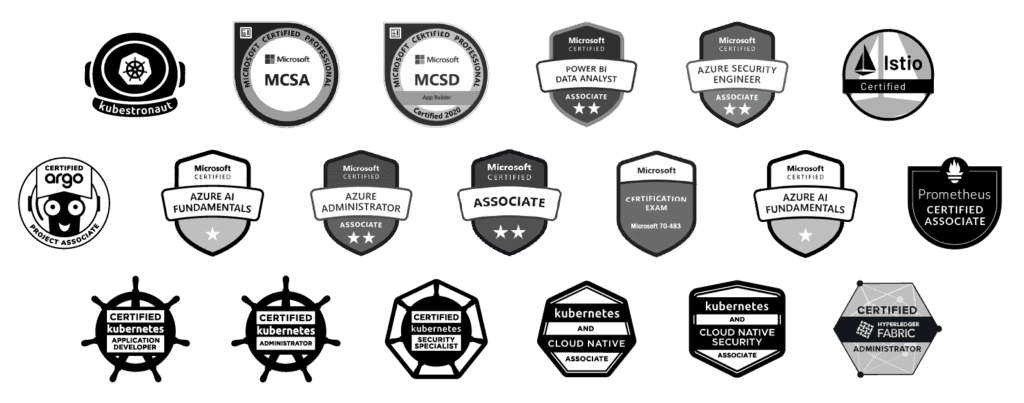The field of life sciences is at the forefront of scientific discovery, continuously striving to unlock the mysteries of biology, genetics, and medicine. Laboratories dedicated to life sciences research have long been crucibles of innovation, and today, they stand on the precipice of a new era.
The fusion of Artificial Intelligence (AI) and automation technologies is transforming the way scientists conduct experiments, analyze data, and make groundbreaking discoveries. In this blog, we will explore the profound impact of AI and automation on life sciences laboratories, showcasing how these innovations are reshaping research processes, accelerating drug development, and paving the way for new medical breakthroughs.
Life sciences research encompasses a wide array of disciplines, from genomics and proteomics to pharmacology and microbiology. Traditionally, laboratory work in these fields has been time-consuming, labor-intensive, and often plagued by human error. However, the integration of AI and automation is revolutionizing the way experiments are conducted and data is analyzed, offering a host of benefits.
1.0 Accelerated Drug Discovery
One of the most significant areas where AI and automation are making a profound impact is drug discovery. Developing new medications traditionally involved a lengthy and costly process of trial and error.
Now, AI algorithms can analyze vast datasets of biological information to identify potential drug candidates more quickly and accurately. Automated high-throughput screening platforms can test thousands of compounds simultaneously, dramatically reducing the time required to discover new drugs.
2.0 Precise Genomic Analysis
Genomics research relies heavily on analyzing massive volumes of genetic data. AI-powered algorithms can identify genetic variations associated with diseases, potentially leading to targeted treatments and personalized medicine.
Automation enables the sequencing and analysis of genomes with unprecedented speed and accuracy, making genomics research more accessible and cost-effective.
3.0 Enhanced Laboratory Operations
Automation extends beyond experiments themselves. Laboratory operations, such as sample handling, liquid handling, and equipment maintenance, can be automated, reducing the risk of errors and freeing scientists to focus on higher-level tasks.
Automated inventory management systems ensure that supplies are always available when needed, streamlining laboratory workflows.
4.0 Data Analysis and Insights
AI-driven data analysis tools can sift through vast datasets, identifying patterns and correlations that might elude human researchers. Machine learning models can predict disease outcomes, recommend experimental approaches, and optimize research protocols.
These insights are invaluable for guiding research decisions and prioritizing experiments.
5.0 Drug Repurposing and Virtual Screening
AI can identify existing drugs with the potential to treat new conditions through a process known as drug repurposing.
Virtual screening, powered by AI, allows researchers to simulate and predict the interactions between potential drug candidates and biological targets, saving time and resources in the drug development pipeline.
6.0 Personalized Medicine
AI and automation enable the creation of patient-specific treatment plans by analyzing a patient’s genetic profile, medical history, and lifestyle factors.
This approach, known as personalized medicine, can lead to more effective treatments with fewer side effects.
Challenges and Considerations
While the integration of AI and automation in life sciences laboratories offers immense promise, it also presents challenges. Ensuring the security of sensitive data, addressing ethical concerns, and navigating regulatory frameworks are critical considerations. Additionally, scientists and researchers need to adapt to these new technologies and acquire the necessary skills to leverage them effectively.
The marriage of AI and automation technologies with life sciences research is ushering in a new era of discovery and innovation. Laboratories are becoming hubs of efficiency, precision, and speed, enabling scientists to tackle complex biological questions with unprecedented rigor.
As AI algorithms become increasingly sophisticated and automation systems more integrated, the possibilities for advancing our understanding of life sciences and improving healthcare are limitless.
The journey has just begun, and the future of life sciences research is brighter than ever, thanks to the transformative power of AI and automation.











